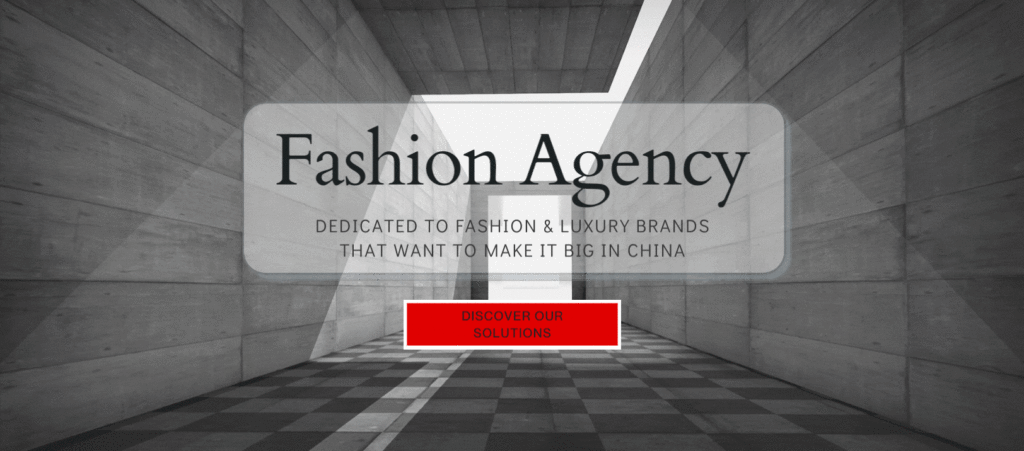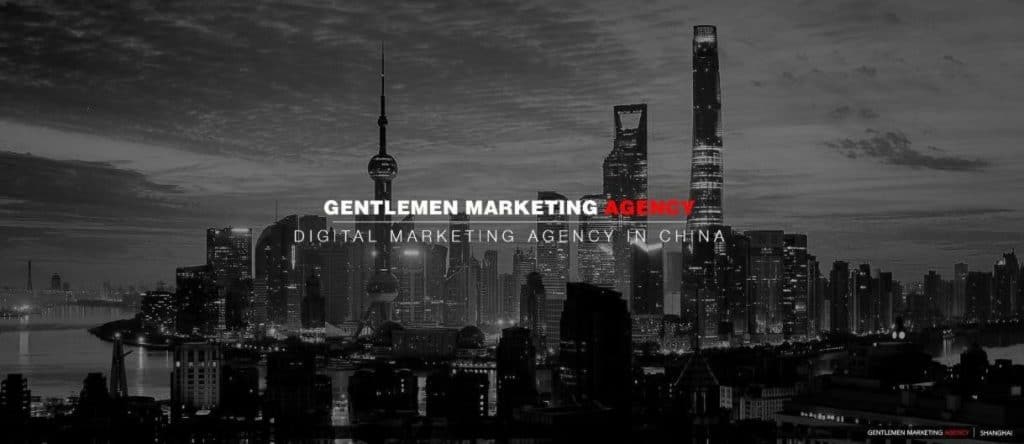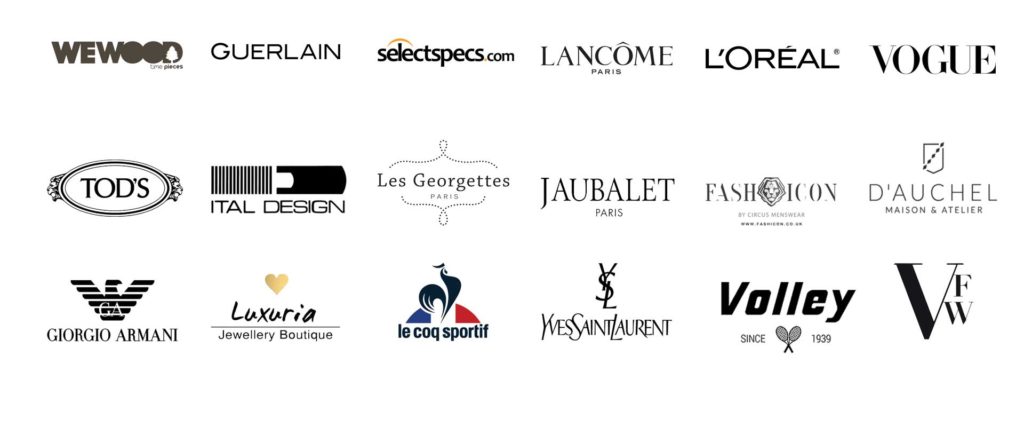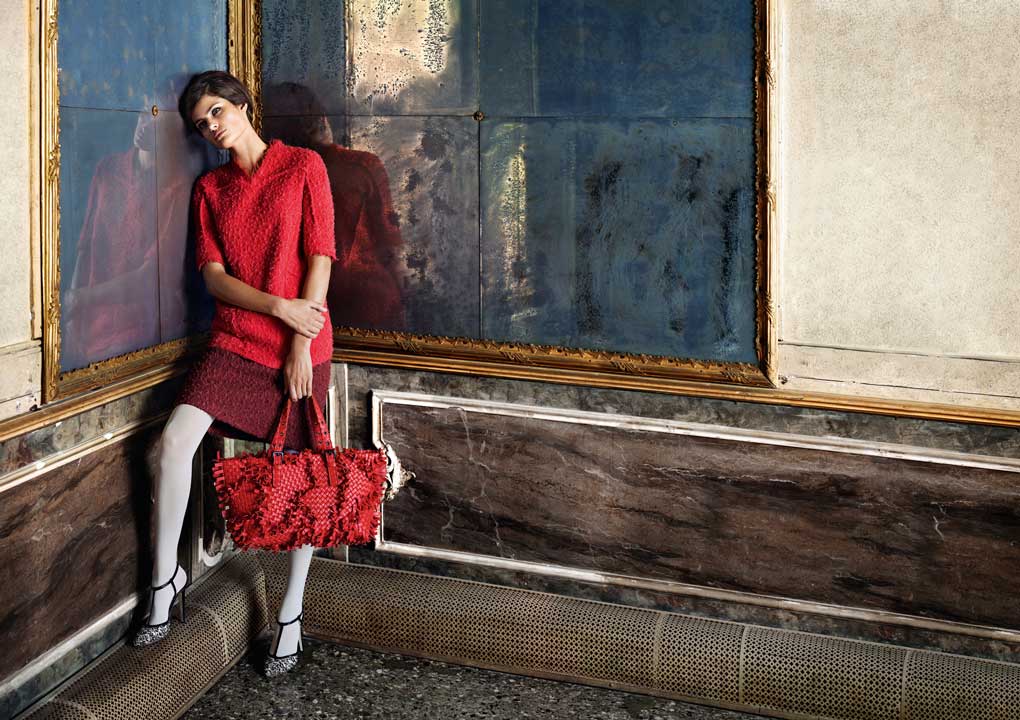While the Chinese economy could soon become the world’s biggest, it’s also one of the most unequal, a problem worsened by the Covid-19 pandemic. And the government is stepping up its efforts to ensure global wealth is evenly distributed among the nation’s 1.4 billion citizens.
The Chinese elites, known in China as “fuerdai” (富二代) which literally means rich people of the second generation, the term refers to the children of China’s nouveaux riches, they are known for their ostentatious posts on Chinese social media in order to show off their wealth and luxurious lifestyles. A report published in October indicated that wealth inequality had drastically increased after China’s transition to a market economy. At the end of 2019, China had 5.8 million millionaires and approx. 21,100 citizens with wealth above $50 million, which is more than any other country in the world except for the U.S.
For the majority of Chinese people who aren’t born into wealthy families, it’s becoming harder and harder to climb the social ladder, as is often the case with developing countries. Many young wealthy citizens are flaunting their wealth on Chinese social media, this allows them to create their very own fanbase and some even manage to make a living out of it. But this isn’t the only type of content available, rags-to-riches stories are also popular. However current president Xi Jinping has attempted to reduce ostentatious bragging behavior by young fuerdai, with measures such as introducing a ban on wealthy kids appearing on reality TV shows or sending the wealthy kid’s parents to facilities to inform them on budget management.
Luxury lifestyles banned on Chinese social media?
A premiere among Chinese social media platforms, Xiaohongshu/Little Red Book (LRB) has updated its community user’s guidelines in order to restrain garish displays of wealth among its users, moreover, the platform will require the exposure of advertisements and sponsored content. Xiaohongshu/Little Red Book’s decision reminds us of a similar action taken earlier this year by Douyin/TikTok, which banned certain of its users from exhibiting displays of their wealth.

The extravagant lifestyles of LRB’s KOLs manage to attract a consequent number of new followers who are in need of luxury items inspiration to purchase; of course, luxury brands have seized this opportunity by partnering with influencers in order to reach China’s luxury consumers. As a result, Little Red Book introduced new policies making it more complicated for luxury brands to access this portal. With this new measure luxury brands will have to find new ways to handle the platform and reach their targeted consumers.
Chinese social media and luxury brands: a perfect match?
When platforms like Twitter, Facebook, Weibo, and Instagram became global phenomena and available to the general public, luxury brands were confronted with a choice: should they embrace marketing on social media or take the traditional track of prints and event-based marketing strategies.
Before the question was whether should brand invest in social media, whereas the question nowadays is which brand will transform the market while using new technologies that entertain consumers all the while encouraging them to spend. While many luxury brands ultimately found themselves marketing through social media, the evolution of digital marketing, especially over the past year, indicates that social media may not be the ideal solution everyone thought it was.
For luxury brands the traditional use of social media is outdated, indeed simply posting pictures of items, to paying influencers or celebrities to pose with new collections will no longer be as efficient as it was in the past. Nonetheless, Chinese social media and brand ambassadors still play a major role in luxury brands’ marketing strategies as can be seen with the Italian brand Bottega Veneta deleting their official Instagram, Facebook, Twitter, and Weibo accounts only keeping their online presence through WeChat. However, two months later, the brand launched its online fashion magazine which included articles, photos, and video content that allowed to revitalize its online presence on social media.
Contact us for more information about marketing your project in China
GMA fashion Agency is your digital marketing agency in China. Our agency offers a complete range of services for e-commerce marketers from e-commerce consulting to digital marketing operations. You can also take a look here at our services and case studies. Do not hesitate to contact us for more information or inquiries.

Our mission is to accompany Fashion and Luxury brands on their Chinese journey. We guide you through the specificities of the Chinese market by introducing you to new channels and helping you show your creativity and know-how.
GMA was born to serve international brands with expert insights and expertise about China. Its market, language, and culture. We believe in branding and in innovation and how the location is at the heart of each of our solutions. We will help you embrace the Chinese culture while keeping and valuing the identity that makes your brand so unique!
What do we believe in?
- Our clients are not just clients but partners
- With the right tools and advice, everyone can succeed in China
- We establish a relationship of trust to have a long-lasting working relationship with our partners
A dedicated team of 70+ digital experts, all passionate about the Fashion & Luxury world. Founded by Olivier Vérot and Philip Qian, GMA is cultivating the know-how of a multicultural team. We are striving for perfection while staying optimal thanks to tailor-made solutions. We constantly study, experiment, and develop new digital solutions to offer the most up-to-date services to our customers.

If you want more information about our agency and our services, do not hesitate to contact us directly.

